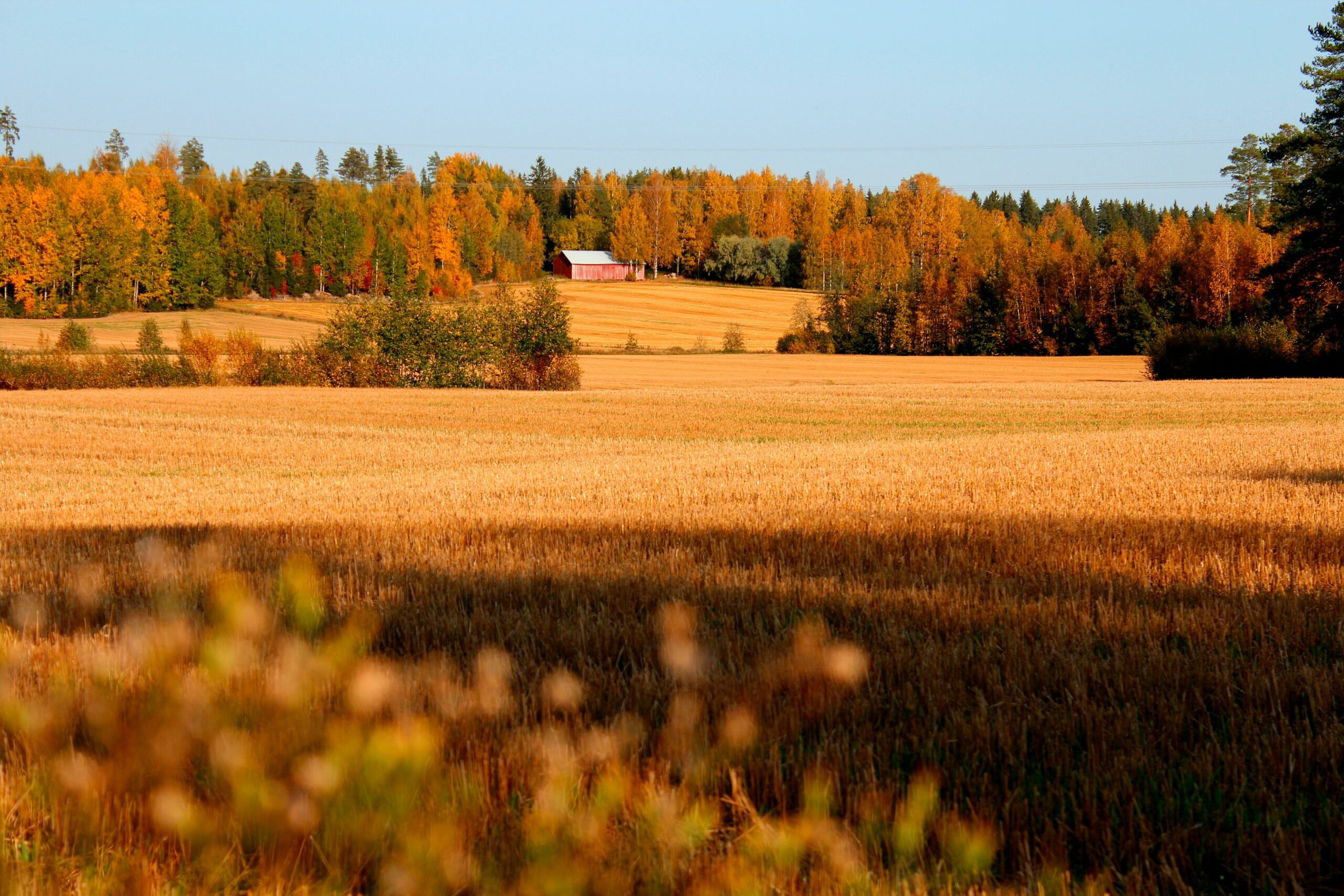DG AGRI – Directorate General of Agriculture and Rural Development – is a general directorate of the European Commission which, for the next 5 years (until 2028), will be supported by a European consortium of companies led by Italy. Cogéa And Fish bone.
What is DG AGRI and what are its functions?
The Directorate General for Agriculture and Rural Development of the European Commission is based in the “European Quarter” of Brussels. She is one of the 34 DGs responsible for the different sectors that make up the European Commission. With a staff of around 1,000 civil servants, it currently reports to the Austrian Director General Wolfgang Burtscher, who reports to the MEP – European Commissioner for Agriculture – Polish politician and jurist Janusz Wojciechowski of the Von der Leyen Commission, in office since July 2, 2019.
You too can rediscover the pleasure of staying informed!
Your support helps protect our independence so that we can continue to produce quality journalism that is open to all.
Support us
DG AGRI is responsible for EU agricultural and rural development policy and deals with all aspects of the Common Agricultural Policy (CAP).. It is divided into twelve directorates which deal with the most varied sectors: the common organization of agricultural markets, economic analysis and evaluation, quality policy, international relations and rural development policy. The powers fall under the structural policy of the European Union and are exercised in collaboration with the other Directorates-General of the Commission.
The main functions of DG AGRI are:
- Ensure the competitiveness of the European agricultural sector without resorting to excessively high subsidies.
- Environment, animal welfare, product safety and quality.
- Preserve landscapes and develop rural areas.
- Promotion of the European agricultural sector.
- Promote and implement a clear, transparent and solid financial policy.
European agricultural policies led by Italy
Until 2028, studies on the economic aspects of policy agricultural products in the EU will be carried out by a consortium made up of several European companies operating in the green economy, and the project management will be entirely Italian. In collaboration with businesses Wageningen University, S&P Global, Ecorys and Oreade BrecheIn fact, there will be the Roman leader Cogéaspecialized in business organization, audit, management consulting and Bolognese Fish bone, qualified in research, economic analysis and specialized advice in the agricultural sectors, food and associated markets.
In the next five years, under the magnifying glass of team led by Italians and composed of more than 140 experts from all EU countries, all studies on the economic aspects of European agri-food production and trade will be examined. To focus analyzes examined by the consortium, the implementation measures of the CAP 2023-2027 with the associated strategic objectives, among which the competitiveness of European agri-food supply chains, agricultural sector income, improving the position of farmers within the agri-food supply chain and renewable energies stand out. Particular attention will be paid to the part linked to the transport, logistics and product storage sector.
The weight of European agriculture and the importance of the advisory consortium
According to data relating to the 2010/2020 decade developed by Eurostat The European utilized agricultural area (UAA) is approximately 157,415,700 hectares, with more than 9 million active farms. According to 2022 data, Europe would be the world's leading exporter of agri-food products, with around 220 billion euros, with a gross production value of the EU agricultural sector estimated at around €537 billion. However, over the last ten years the number of companies in the sector has decreased with a European average of 24%, in Italy by 30% but, at the same time, organic production has increased with a European average of 10% and an Italian average of 15%. The food industry also plays an important role, employing around 40 million people in the EU. For these and other elements linked to questions of sustainability, ethics and market, the weight of the European primary sector must be considered essential.
The start of the consortium's work takes place in a particularly hot historical context for the agricultural sector. The protests of European farmers, which have reached as far as Brussels – who challenge the system that governs agricultural production, combined with an increasingly demanding achievement of the objectives set by the Green Deal Europeans – are the challenges with which the policy European governments and the consortium will need to discuss and seek effective and convincing solutions in the near future.
